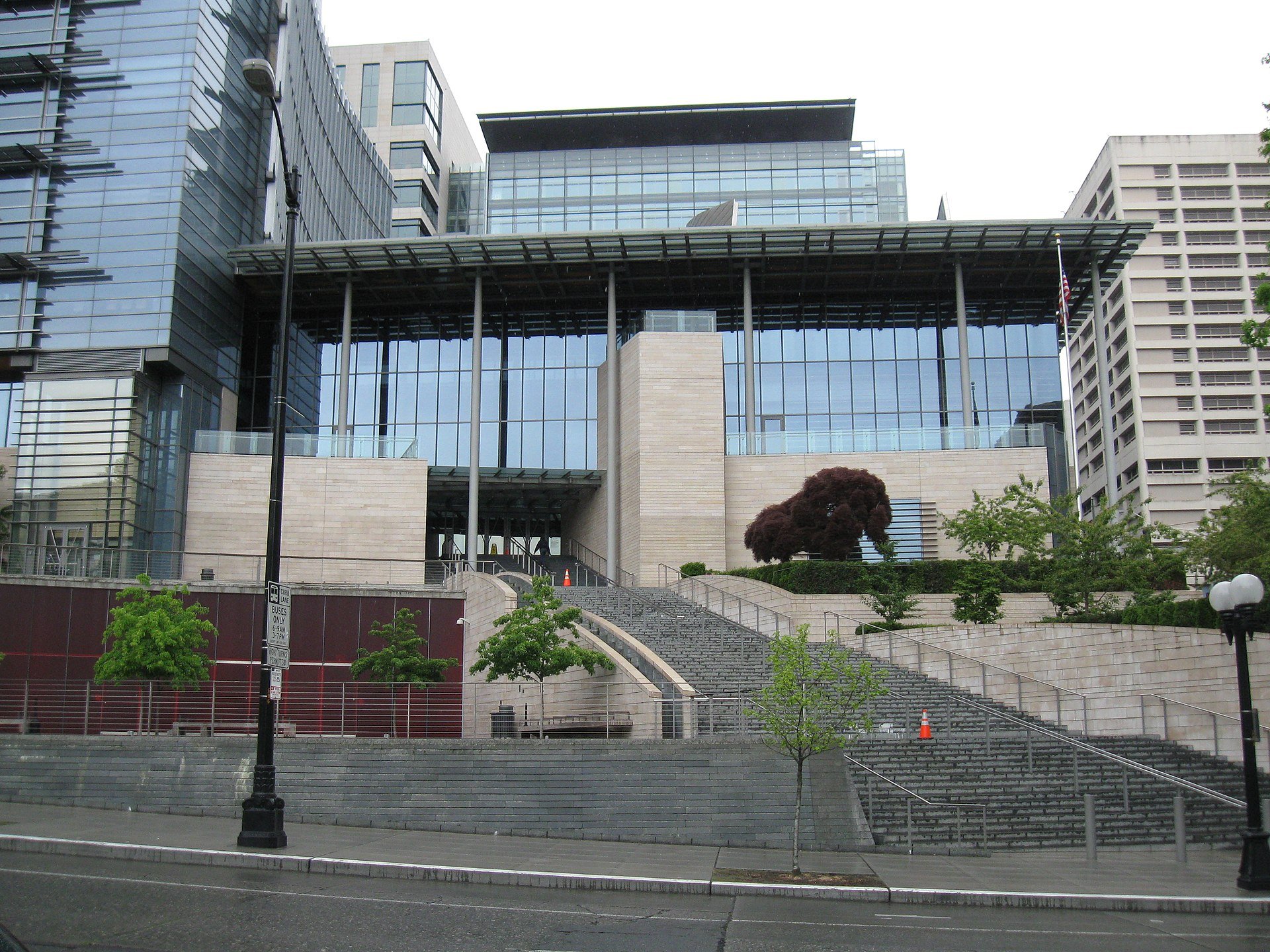
To Seattle City Council & Mayor Harrell
We are writing in strong and united opposition to extending a sub-minimum wage for Seattle workers who receive tips or benefits.
And it’s working. For the past 10 years, Seattle workers have gotten raises each year to keep up with rising costs, and Seattle's economy has been among the strongest in the nation. That’s not a coincidence. Seattle is growing because we raised wages. It’s simple: when more people get paid more money, that means more customers for more businesses. When workers can afford to spend money at local community businesses, that's better for everyone.
Undoing this compromise and enshrining permanent subminimum wages is unpopular, unwise, and takes Seattle in exactly the wrong direction.
As reported in The Seattle Times, a renter in our region needs to make over $40 an hour to afford a typical one-bedroom apartment without spending more than 30% of their income on rent. This is about twice the current minimum wage. Seattle restaurant and service workers are already forced into long commutes from places where housing is less expensive.
Washington state was a pioneer in eliminating subminimum wages for tipped workers way back in 1988, for good reason. People’s livelihoods shouldn’t depend on customers’ generosity. Studies have shown racial disparities in tipping, and workers who depend on tips often end up enduring sexual harassment and other kinds of abuse because it’s how they make ends meet. Alaska, Oregon, and California have also outlawed tip penalties.
Again and again, voters have shown their support for raising the minimum wage without a penalty for tipped workers. From SeaTac to Tukwila to Renton, our region’s voter-approved minimum wage laws respect tips as additional income for workers, not a subsidy for their employers. Voters here in Seattle are no different, and that's why the original minimum wage deal passed ten years ago struck a balance between business and labor with an agreement to bring all workers to the same minimum wage in 2025.
Every worker deserves to be paid enough to support themselves, afford the basics, and contribute to the economy. A minimum wage should be just that: the minimum. Seattle's landmark $15 minimum wage law is by far the most popular thing the city has done in decades. This council was not elected on promises to roll back labor standards for Seattle workers, and we are absolutely confident that Seattle voters would oppose this kind of move.
Sincerely,










































